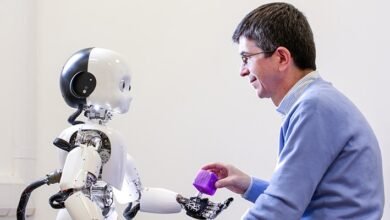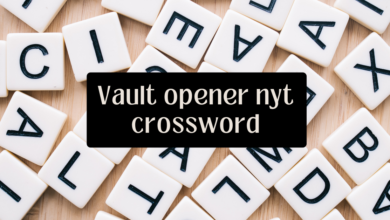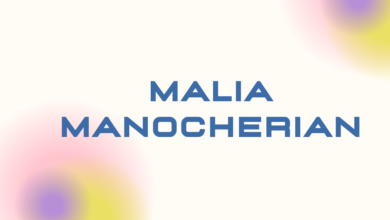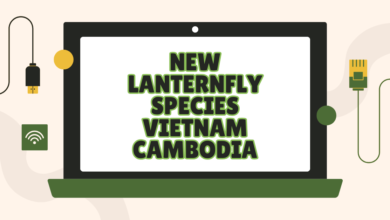Wikipedia: The Free Encyclopedia That Changed the Internet
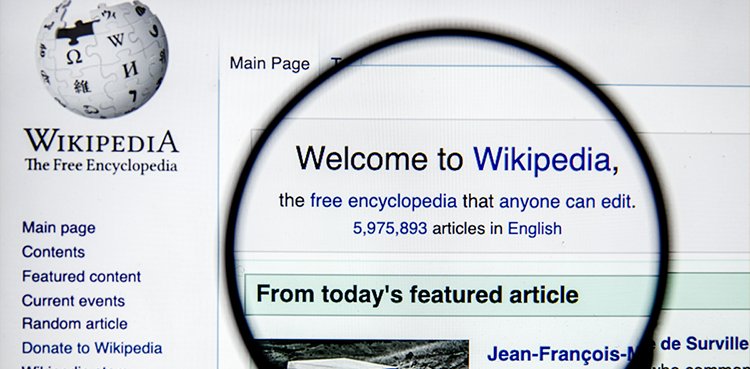
Origins and founders
Wikipedia was released by Jimmy Wales and Larry Sanger on January 15th, 2001. First of all, Expedia needs to add a more traditional online encyclopedia that experts need to write and check. However, Expedia’s strict re-treaty process slowed down the creation of content. In contrast, Wikipedia has dramatically accelerated the process by offering an open-edit model that anyone can contribute to.
The name “Wikipedia” is a portantoo with the word “Wiki” (a kind of cooperation – website) and the word “Encyclopedia.” Wiki software that provides electricity to websites allows users to easily create and modify interconnected websites that promote community cooperation and rapid article growth.
Growth and scale
Wikipedia surpassed both the content and popularity of Nupedia. Within a year, there were thousands of articles. Until 2004, Wikipedia had versions in over 50 languages. Today, Wikipedia has over 300 languages, with over 6 million items in the English version alone.
The Wikimedia Foundation, a nonprofit founded in 2003, runs several other wiki-based projects, including Wikipedia and Wikimedia Commons (Media Repository), Wiktionary (Dictionary), and Wikibac (a collection of freelance textbooks).
Since 2025, Wikipedia has received billions of side views each month and is consistently one of the 10 most visited websites worldwide.
How Wikipedia works
Wikipedia is based on the principles of open collaboration. Anyone with internet access can read and edit articles. This openness can be a strength, but it also raises concerns about accuracy and vandalism.
To maintain quality, Wikipedia relies on a mix of community oversight, automated tools and editing guidelines. Patrouillen Zeitungen, the active users and administrators who return vandalism and implement content guidelines. Wikipedia also promotes citation and verifiability. Information must be supported by reliable sources, and the original research is discouraged. The Wikipedia community includes a wide range of students, scientists, enthusiasts and experts who create and refine content. Discussions on controversial topics are often held on “talk sites” attached to each article that participants are looking for consensus.
Guidelines and principles
Wikipedia works with some core content:
Neutral perspective (NPOV): Articles should contain fair, distortion-free information.
Checkability: Claims must be protected by trustworthy sources.
Not original research: Wikipedia is not a platform for publishing original ideas and theories. Free Content: The entire text is freely licensed under Creative Commons, so everyone will be reused or remixed with appropriate assignments.
These guidelines help us to maintain Wikipedia’s reliability and ensure that it is a reliable source of information.
Impact on knowledge and education
Wikipedia has a deep impact on the way people search and consume information. Get instant access to topics ranging from science and history to pop culture and current events. For students and educators, it serves as a valuable starting point for research. Although it is not always perceived as an academic writing perception, Wikipedia often contains references and bibliography that could lead to relevant material. Many libraries and universities have accepted Wikipedia as a tool for digital capabilities, encouraging students to critically evaluate online sources.
Issues and Criticism
Despite its many strengths, Wikipedia has been criticized for many years. Common concerns include:
Accuracy: All Wikipedias can edit, so there is always a risk of errors and incorrect information.
Begalness: Wikipedia aims for neutrality, but participant domination from a particular region or background can affect cover. Editorial Wars: Conflicts on controversial issues can lead to repeated changes and conflicts between editors.
Systematic gaps: Specific topics, particularly those related to marginalised groups, are underestimated.
The Wikipedia community is actively working to address these topics through initiatives such as partnerships with editors and minorities on women and minorities to improve the quality of their articles.
Funding and Sustainability
Wikipedia is supported by donations from individuals and organisations. The Wikimedia Foundation runs regular funding campaigns to cover operational costs, including server expectations, development and support in the community. In contrast to many top websites, Wikipedia does not show ads and is a mission to convey to all free, unbiased knowledge.
The future of Wikipedia
While the digital landscape is developing, Wikipedia continues to become innovative. Efforts are being made to improve mobile access, increase the variety of content, and improve the processing experience for new users. We will consider artificial intelligence tools to identify vandalism and suggest improvements to the article.
Wikipedia’s commitment to open knowledge has influenced similar projects around the world. As a symbol of collaborative learning, it represents the best thing the Internet can offer. It is a space where people come together from all fields of life to share what they know.
